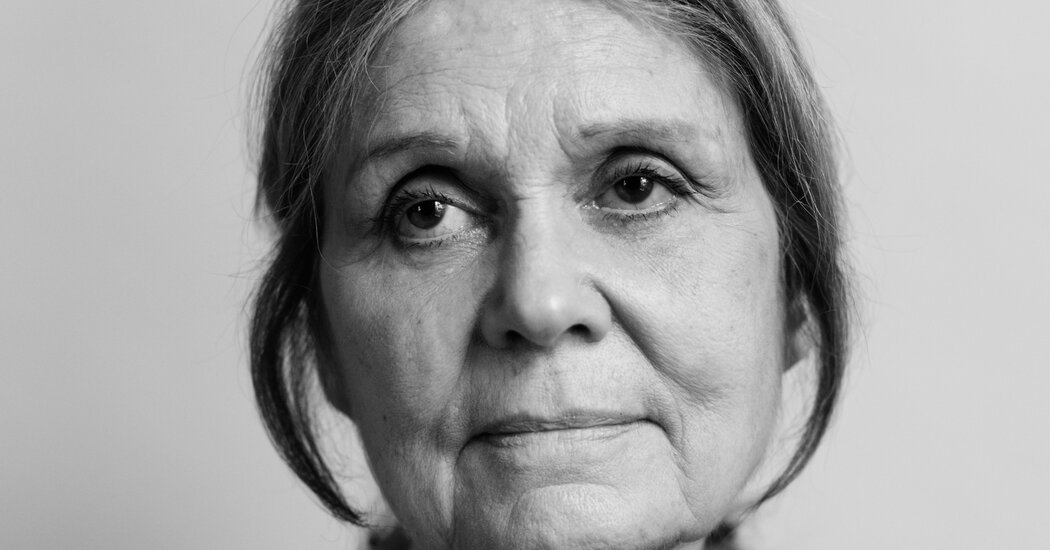
There’s just such a pleasure in seeing a woman being able to use her talents and do well, you know? And then when I see a policewoman directing traffic, for example, I always just wave at her and say thank you.
Then there is, of course, the broader critique of modern feminism: that it has become diluted by its universality and even co-opted by capitalist forces. How would you respond?
The State of Roe v. Wade
What is Roe v. Wade? Roe v. Wade is a landmark Supreme court decision that legalized abortion across the United States. The 7-2 ruling was announced on Jan. 22, 1973. Justice Harry A. Blackmun, a modest Midwestern Republican and a defender of the right to abortion, wrote the majority opinion.
Feminism is not a public relations tactic. It’s a human rights revolution.
Do you feel like the abortion rights movement today has the same level of coherence or leadership as it did 50 years ago?
It is way, way, way, way more coherent. We were creating our own movement from the bottom up. We did not have entire medical systems, for instance, in the state of New York and other states devoted to providing reproductive freedom. We had “Jane,” an underground network for providing abortion services when it was still illegal. We don’t have to do that anymore.
What political action would you say is imperative for feminists to undertake today?
We’re not here to judge each other. We’re just trying to help each other do the best we can. But feminism, and just a belief in simple equality, affects everything we do. It affects who we vote for. It affects the kind of education we give our children. It affects the family because the family is our first experience of hierarchy or the lack of hierarchy. The democracy of the family is what builds a main source of the democracy of the country.
You once quoted Susan B. Anthony saying, “Our job is not to make young women grateful. It’s to make them ungrateful.” What do you hope that you’ve made young women ungrateful for?
Anything less than full equality, opportunity, ability to pursue their dreams.
I think we have made progress. I mean, at the end of the ’60s, when there was the very first abortion speak-out, to my knowledge, anyway, here in New York City, just women standing up and telling the stories of their abortions was revolutionary. That has changed a lot.






